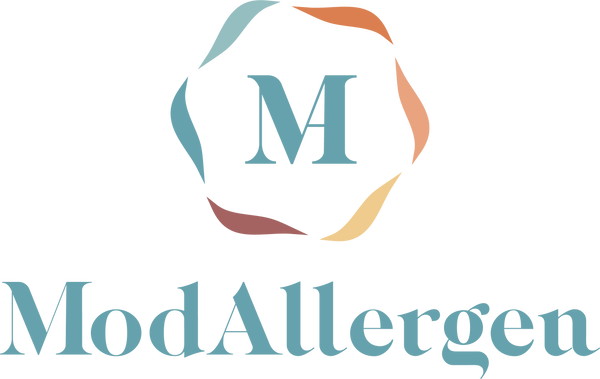When your baby is born, there’s a deluge of milestones to look forward to – their first smile, first word, first steps and for many parents, the exciting moment when they’re ready to start solid foods. But how can you tell when your little one is genuinely prepared for this new chapter in their dietary journey?
While most parents eagerly await this transition, it's essential to remember that every baby is unique. While some may show readiness a tad earlier, others might take their sweet time. Here's a gentle guide to recognizing those tell tale signs indicating your baby is ready for the world of solids.
- Head Control:
Your baby needs to have good control over their head and neck to eat solids. This control ensures they can swallow food without choking. So, if your little munchkin can keep their head steady while sitting, they might be primed for some mashed veggies!
- Sitting Up With Little Support:
Before you introduce solid foods, ensure your baby can sit in a high chair or infant feeding seat with minimal support. This posture is crucial for safe eating, as lying down can cause choking.
- Chewing Motions:
Your baby's mouth and tongue develop in tandem with their overall readiness for solid foods. If you notice them making chewing motions, it might be a subtle nod from nature that they're gearing up for more than just milk.
- Significant Weight Gain:
Typically, babies are ready to commence solids once they’ve doubled their birth weight. This weight gain, usually around the 4-6 month mark, hints at an increased nutritional need that solids can satiate.
- Curiosity About Your Food:
Is your little one eyeing your plate with keen interest? Perhaps even reaching out to grab a bite? This budding curiosity is more than just adorable; it suggests they might be ready to partake in the family mealtime.
- The “Still Hungry” Sign:
If your baby seems unsatisfied after their regular milk feedings – be it breastmilk or formula – this could be a sign that they're craving something more. You might notice them still acting hungry, seeking more frequent feedings or not sleeping as long due to hunger.
- Decreased Tongue-Thrust Reflex:
Babies are born with a reflex to thrust their tongues forward whenever something touches their lips. It’s nature’s fantastic way to prevent early solid food consumption. However, as they grow, this reflex gradually diminishes. If you notice your baby accepting the spoon rather than pushing it out with their tongue, they might be ready for the next step.
While these signs are indicative of readiness, consult with your paediatrician before introducing solid foods. They can offer personalised advice tailored to your baby's growth and development. Remember, the introduction to solid foods is not just about nourishment; it’s also an opportunity to cultivate a positive relationship with food. Start slow, be patient, and cherish the delightful mess and memories made during these precious moments.
In Conclusion:
Transitioning to solid foods is an exhilarating milestone in your baby's life. Recognising the right signs ensures that this journey begins on a positive note, laying the foundation for a lifetime of healthy eating habits. Embrace the adventure, armed with knowledge and love, as you introduce your baby to the vibrant world of flavours and textures. If you’d like to start introducing common allergenic foods to your baby’s diet, ModAllergen is here to help. Happy feeding!

